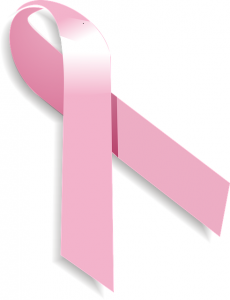
Prolonged use of certain chemotherapy drugs — anthracyclines and taxanes among them — is known to cause damage to the heart muscle. Studies have shown that concurrent supplementation with Coenzyme Q10 mitigates the damage to the heart muscle.
Cancer patients! Has your doctor warned you about the possibility of heart damage caused by certain chemotherapy drugs? In particular, have you heard about the cardio-toxic effects of a class of cancer drugs called anthracyclines? About the chemotherapy drug Adriamycin? It is important to know that randomized controlled studies show that Coenzyme Q10 supplementation has a cardio-protective function.
Chemotherapy with Adriamycin (doxorubicin)
Adriamycin is an apparently effective chemotherapeutic drug for the treatment of solid tumors. Its chemical name is doxorubicin. It is an anthracycline. It is administered intravenously. It has been used to treat several forms of leukemia, breast cancer, Hodgkin and Non-Hodgkin lymphoma, liver cancer, kidney cancer, ovarian cancer, thyroid cancer, and various other forms of cancer.
Some other chemotherapy drugs of the same class as Adriamycin are also known to have cardio-toxic effects:
- Daunorubicin (Cerubidine)
- Epirubicin (Ellence)
- Idarubicin (Idamycin)
Adriamycin and heart muscle damage
The sad thing is that chronic use of Adriamycin leads to damage of the heart muscle. Its prolonged use can lead to congestive heart failure (failure of the heart to pump sufficient amounts of blood to provide the body with adequate oxygen and nutrients) and to arrhythmia (abnormal heart beat). These are very real dangers for cancer patients who take Adriamycin for prolonged periods.
Before you start on any treatment regimen with Adriamycin or one of the other anthracyclines, you want to have your heart tested with an electrocardiogram (ECG). You will want the doctor to monitor the condition of your heart regularly and closely during the course of the chemotherapy treatment. The ECG assesses the electrical and muscular functioning of the heart muscle and shows changes such as arrhythmias.
You yourself will want to watch for the appearance of any of the following symptoms:
- Discomfort while lying on your back
- Fatigue
- Heart palpitations
- Shortness of breath
- Swelling in your legs or feet
Coenzyme Q10 and Adriamycin
Supplementation with Coenzyme Q10 can significantly reduce the danger of heart muscle damage caused by the cancer drug Adriamycin. This is especially important because we know that the worsening of the heart condition caused by the prolonged use of Adriamycin continues even two decades after the chemotherapy. A follow-up study by Brouwer et al has shown that, 22 years after treatment with doxorubicin, bone tumor survivors continued to show progressive cardiac dysfunction with all of the consequent effects on the patients’ quality of life [1].
Studies of the efficacy of Coenzyme Q10 in cancer treatments
Several published studies – results from randomized controlled trials – have shown the beneficial effects of Coenzyme Q10 supplementation for cancer patients.
Study: Iarussi et al carried out a randomized controlled trial with children who were diagnosed with leukemia and who were being treated with anthracyclines [3]. Half of the children took 100 mg of Coenzyme Q10 twice daily. The other half served as a control group.
In both groups, researchers measured a reduction in the percentage of left ventricular fractional shortening. However, the fractional shortening appeared earlier in the children in the control group, and there were no significant changes overall in left ventricular fractional shortening in the children in the Coenzyme Q10 treatment group.
Left ventricular fractional shortening is a measure of the changes in the diameter of the left ventricle between the contracting and relaxing phases. Reductions in left ventricular fractional shortening usually indicate a coming decrease in ejection fraction, which is a useful measure of the pumping ability of the heart and a symptom of heart failure.
Moreover, in the Iarussi study, the researchers saw a significant reduction in the interventricular septal wall thickening in the children in the control group only. There was no such reduction in the children in the Coenzyme Q10 treatment group.
The authors concluded that treatment with Coenzyme Q10 protected children from heart damage while the children were receiving anthracycline chemotherapy.
Study: Okuma et al conducted a randomized controlled study of cancer patients receiving chemotherapy with Adriamycin [5]. Half of the patients received 90 mg/day of Coenzyme Q10 beginning one week before the start of the chemotherapy and continuing until the treatment with Adriamycin was completed. The remainder of the patients served as a control group and received no Coenzyme Q10. The researchers took electrocardiograms of the patients’ hearts before and after the administration of the Adriamycin each time.
In patients in the control group, who were treated with Adriamycin alone, the QTc-duration was prolonged significantly. In patients in the treatment group, who were treated with Adriamycin and Coenzyme Q10, the QTc-duration was not significantly prolonged. Prolonged QTc durations are a marker for irregular heart beat and possible heart attack.
Furthermore, the QRS voltage, measured by ECG, decreased significantly in the control group but not in the Coenzyme Q10 treatment group. In summary, the treatment with Coenzyme Q10 seemed to prevented changes in the electrical functioning of the heart and the pumping ability of the heart caused by the Adriamycin drug.
Study: Takimoto et al had developed a unique combination treatment for cancer patients [7]. They soon recognized that toxic, harmful effects on the heart muscle were a great problem in their therapy, which included Adriamycin.
The researchers divided their cancer patients into 2 groups: half received the cancer treatment plus Coenzyme Q10 supplements of 90mg/day. The other half continued the cancer treatment without receiving Coenzyme Q10.
All of the patients in the group without Coenzyme Q10 saw their cardiothoracic ratios (CTR) and pulse rates increase significantly. Furthermore, undesirable changes in ECGs were seen more frequently in the patients without Coenzyme Q10. Arrhythmia occurred more frequently in the patients without Coenzyme Q10.
The researchers concluded that Coenzyme Q10 is necessary and effective for protecting the heart muscle in patients in the combination cancer therapy containing Adriamycin as a component.
Study: In 2005, Conklin et al reviewed the results of the preclinical and clinical studies of the effect of Coenzyme Q10 supplementation on cancer patients taking anthracycline medications [2]. They concluded that Coenzyme Q10 supplementation does not interfere with the cancer fighting action of the anthracyclines and might even enhance the anti-cancer effects of the anthracyclines. More importantly, they concluded that Coenzyme Q10 supplementation protects cancer patients against the harmful toxic effects of anthracyclines on the heart muscle. In effect, supplementation with Coenzyme Q10 makes the use of anthracyclines such as Adriamycin safer.
Study: In 2004, Roffe et al carried out a systematic review of the evidence for oral supplementation with Coenzyme Q10 to improve cancer patients’ toleration of cancer treatments [6]. The researchers evaluated six studies. In five of the six studies, the cancer patients received anthracyclines. The researchers concluded that Coenzyme Q10 supplementation does provide a certain degree of protection against cardiotoxicity or liver toxicity during cancer treatment.
Conclusions
If you are being treated for cancer with an anthracycline like Adriamycin, you want to be taking a Coenzyme Q10 supplement. And you want to have ECGs done regularly to evaluate the condition of your heart.
In addition to the anthracyclines, there are other cancer treatments that can harm the heart muscle. For example, there is a class of drugs called taxanes that can be dangerous. As the use of anthracyclines declines, the use of taxanes increases. You, as a cancer patient, will want to talk with your doctor about the adverse effects of the cancer treatment drugs.

Dr. William Judy thinks that the beneficial effects of Coenzyme Q10 for cancer patients come both from the antioxidant activities of Coenzyme Q10 and from its role in cellular energy production.
Dr. William Judy of the SIBR Institute sums up his group’s research results from studies of Coenzyme Q10 supplementation during Adriamycin chemotherapy [3]:
- Fewer adverse effects from Adriamycin in patients taking Coenzyme Q10 concurrently
- Greater dosages of Adriamycin possible in patients taking Coenzyme Q10 concurrently
- Greater tumor suppression in patients taking Coenzyme Q10 concurrently
- Less reduction of white blood cell and natural killer T-cell counts in Adriamycin patients taking Coenzyme Q10
- Less reduction in left ventricular ejection fraction as measured by the nuclear method in Adriamycin patients taking Coenzyme Q10
Sources:
- Brouwer, C. J., Gietema, J. A., van den Berg, M. P., Bink-Boelkens, M. E., Elzenga, N. J., Haaksma, J., & Postma, A. (2006). Long-term cardiac follow-up in survivors of a malignant bone tumour. Annals o f Oncology: Official Journal Of The European Society For Medical Oncology / ESMO, 17(10), 1586-1591.
- Conklin, K. A. (2005). Coenzyme Q10 for prevention of anthracycline-induced cardiotoxicity. Integrative Cancer Therapies, 4(2), 110-130.
- Iarussi, D., Auricchio, U., Agretto, A., Murano, A., Giuliano, M., Casale, F., & Iacono, A. (1994). Protective effect of coenzyme Q10 on anthracyclines cardiotoxicity: control study in children with acute lymphoblastic leukemia and non-Hodgkin lymphoma. Molecular Aspects of Medicine, 15 Suppls207-s212.
- Judy, WV, Hall, JH, Dugan, W, Toth, pd, & Folkers K. (1984). Coenzyme Q10 reduction of Adriamycin Cardiotoxicity. Biomedical and Clinical Aspects of Coenzyme Q10. Vol. 4. Ed. K. Folkers & N. Yamamura. Amsterdam: Elsevier/North Holland Biomedical Press.
- Okuma, K., Furuta, I., & Ota, K. (1984). [Protective effect of coenzyme Q10 in cardiotoxicity induced by adriamycin]. Gan To Kagaku Ryoho. Cancer & Chemotherapy, 11(3), 502-508.
- Roffe, L., Schmidt, K., & Ernst, E. (2004). Efficacy of coenzyme Q10 for improved tolerability of cancer treatments: a systematic review. Journal of Clinical Oncology: Official Journal of The American Society Of Clinical Oncology, 22(21), 4418-4424.
- Takimoto, M., Sakurai, T., Kodama, K., Yokoi, H., Suzuki, Y., Enomoto, K., & Okada, N. (1982). [Protective effect of CoQ 10 administration on cardial toxicity in FAC therapy]. Gan To Kagaku Ryoho. Cancer & Chemotherapy, 9(1), 116-121.


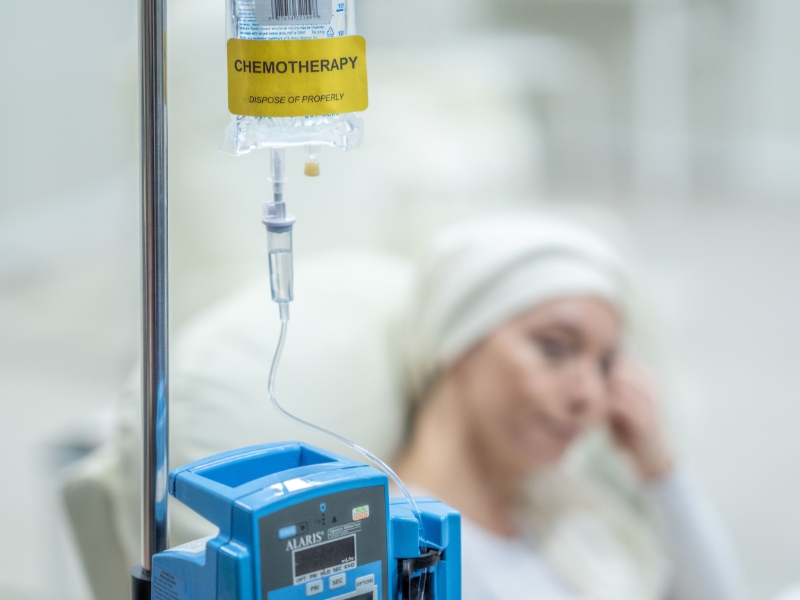
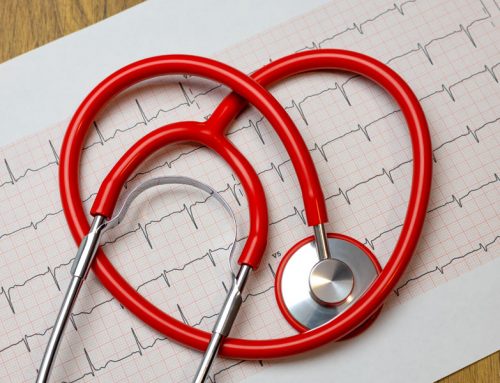
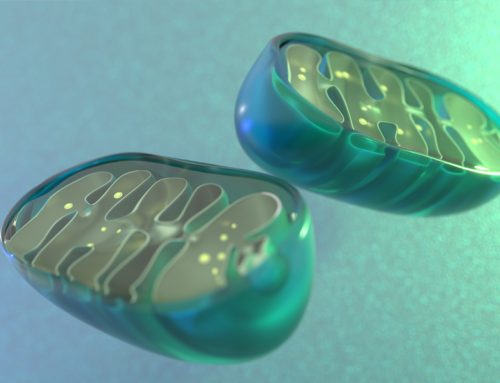
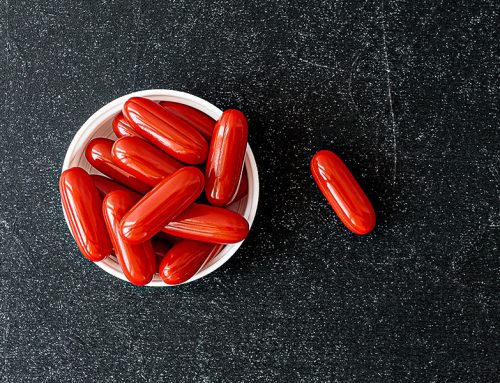


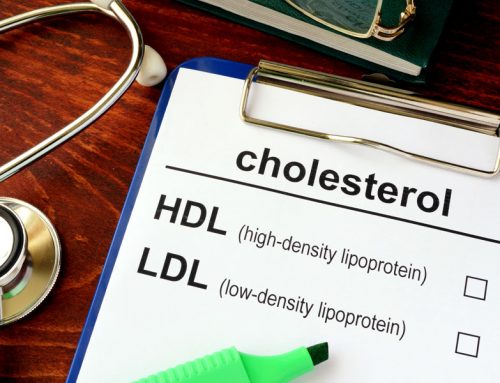
Leave A Comment